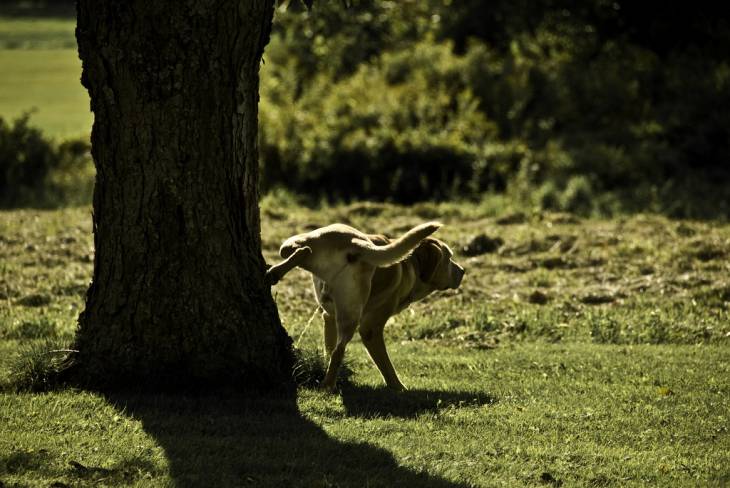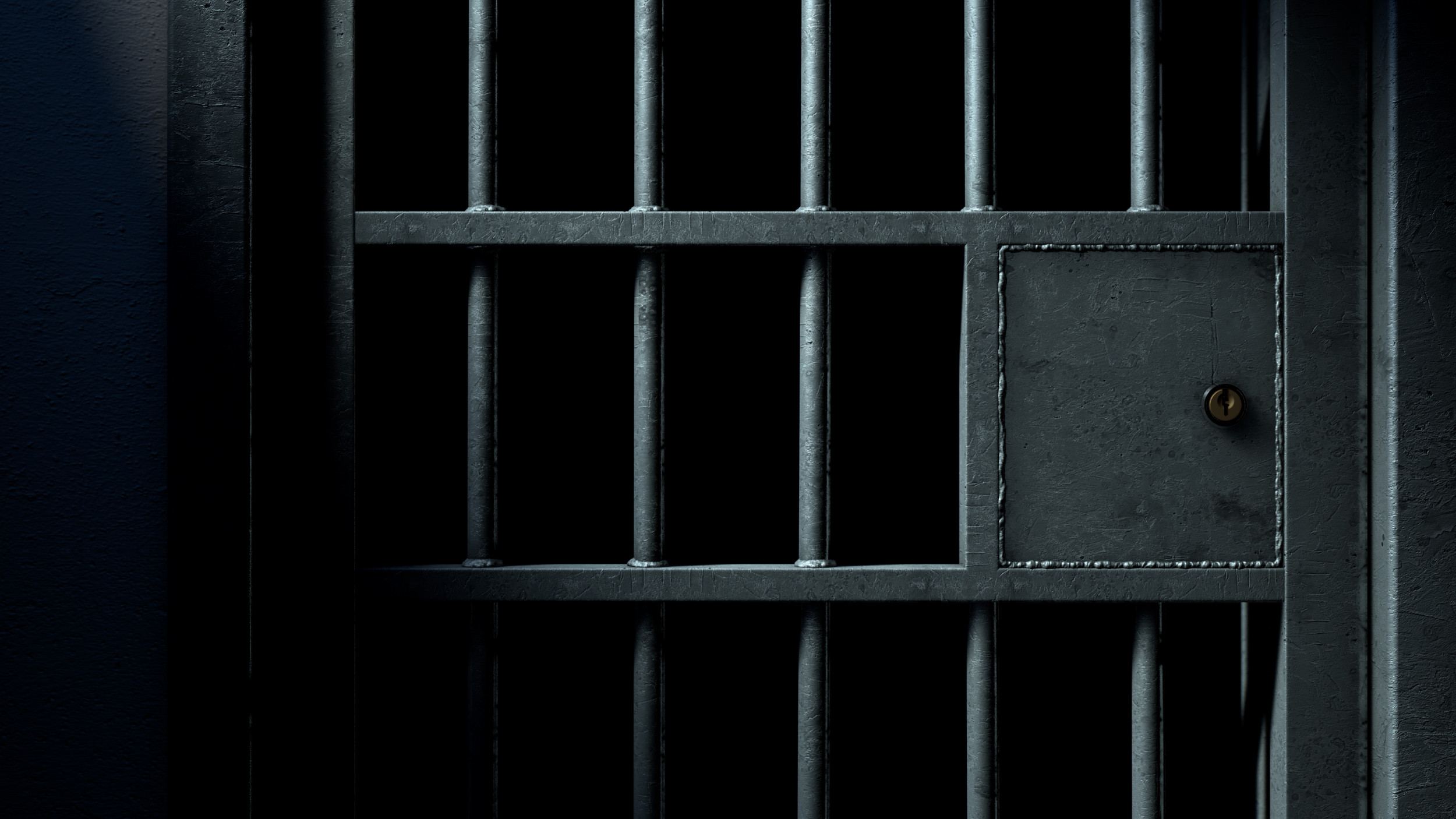Table Of Content

Dog owners are increasingly turning to holistic approaches, such as acupuncture and herbal remedies, to address underlying behavioral issues that may be contributing to their pets’ housebreaking problems. [ad_1]Dogs are wonderful companions, but one of the most frustrating behaviors they can exhibit is peeing in the house. It can be a messy and smelly problem that many dog owners struggle to solve. If you’re wondering how to get your dog to stop peeing in the house, you’re not alone.
It’s Frustrating, But Don’t Punish Your Dog For Peeing In The House
This odour remover gets rid of smells and stains effectively, especially when repeated in the same spot. It is impossible to house-train any dog if you are not there, even if you only work part-time you need to take time off to do the job properly and consistently. It won’t take long, but it is vital to prevent your pet from peeing in the house. There can be many reasons that your adult dog or puppy urinates inside your home, whatever that may be peeing inside is a big No No, and something you will want to put a stop to immediately. To stop your dog from peeing in the house, you’ll want to try to determine the cause of the behavior and then work towards a solution. There are also steps you can take in the meantime to stop or minimize the conduct and, if necessary, deal with the situation if the inappropriate urinating can’t be stopped.
Rule Out a Medical Condition
While limiting water intake may reduce accidents in the house, it can also lead to health issues such as urinary tract infections or kidney disease. Monitor your dog’s water intake and potty breaks to establish a healthy balance. Consistency and patience are key factors in successfully training your dog to stop peeing in the house. It’s important to establish a routine, set clear expectations, and be patient as your dog learns new behaviors. With time and effort, you can effectively train your dog to go potty outside and prevent accidents indoors.
How do you stop a dog from peeing in the house?
Like us, humans, as they get older, can lose muscle tone and not be able to hold their pee in for long periods. Hopefully, the paper will only be needed for a short time and they will soon get the hang of where the toilet is. A well-exercised dog is less likely to pee in the house and after a long walk will settle down happily instead of fretting. It will take time for your dog to gain confidence, but with time, they can overcome their fears and blossom into a happier, more confident dog.
Here’s the Potty Training Game Plan You’ve Been Waiting Foropens in a new tab
Rules you need to know about before letting your dog wee in public - Northants Live
Rules you need to know about before letting your dog wee in public.
Posted: Fri, 30 Apr 2021 07:00:00 GMT [source]
Your vet can usually help in these cases by prescribing something to help with the problem. You will soon come to know what your dog responds to best so use it to your advantage when he pees where you want him to. If your four-legged friend needs a midnight toilet break set the alarm. It might seem like a chore initially but it shouldn’t last long and will be worth the effort. Dogs left alone for long periods can suffer from separation anxiety which can result in them urinating either through nervousness or inability to hold it in for long periods of time. Some older dogs lose control of their bladder—much like some older humans do.

Health problems
At home, you can use a large plate or bowl, but vets often use a stainless steel or plastic kidney dish. This should be transferred into a sterile container (a plastic or glass sample jar) and labelled. Apart from anything else, dogs do not use urine to show dominance, and punishing your dog makes no sense at all.
Ellis says your veterinarian can determine if it’s an age issue, behavior problem or a medical condition like a urinary tract infection. Any sudden accidents out of character, more frequent urination and whimpering when urinating are all warning signs. Though accidents happen, it can be very frustrating if your adult dog is constantly peeing in the house. Inappropriate urination is a common issue in dogs that should be addressed as soon as possible.
It’s still worth ruling out other causes, but if it is a “male” problem, then the answer may be to consider having him neutered (castrated). If your dog refuses to go outside to pee when it’s raining, try using an umbrella or raincoat to keep them dry. You can also create a designated bathroom area indoors, such as a pee pad or artificial grass, for your dog to use during inclement weather. This means verbal praise, affection, and, if you are using treats, giving a treat. While training, you shouldn’t just put the dog outside and shut the door, you will need to accompany them so you can ensure they do their business and so that you have the opportunity to praise positive behavior.
Can my dog die from a urinary tract infection?
Sometimes, dogs become afraidopens in a new tab of the yard or of peeing out there for some reason, causing them to pee inside instead. Fears can result from being outside when there’s a huge clap of thunder, stepping on something painful such as a thorn, a bee that stings them, or a person scaring them while they are out there. If the dog happens to be peeing when the scary thing happens, the dog may be comfortable in the yard in general but afraid to pee outside. Age can be a factor; it’s not unusual for older dogs to pee in the house, even though they never used to.
If your pooch has started urinating inside, this guide is here to help you figure out how to stop your dog peeing in the house. Whether you have a puppy who has just been toilet trained, a young adult or a more senior dog dealing with incontinence, there are many reasons your pup may have started piddling where they shouldn’t. Even so waterproof dog bedding is essential if your pets have the odd accident.
Diabetes is a common one where the dog drinks so much he cannot hold it in as he used to and a urinary tract infection is another common issue. One of the saddest reasons for a dog peeing indoors is fearfulness, no matter how small or big the dog is. Dogs pee sometimes when they have not experienced the sounds smells and sights of the world at large when young which can develop phobias that stop them feeling comfortable when going to the loo or potty outside. A dog marking or peeing in the house can happen for a variety of reasons. One way that dogs communicate is through their urine, so they can mark for territorial reasons, as a response to stress or anxiety, or because of hormonal influences in intact males. We see this behavior most often when a dog enters a new environment, a new dog enters the home, or there is a big life change in the home.
Any adult dog who is accustomed to going potty on puppy pads can have urinary accidents if you are attempting to transition them to go potty outside. New and strange smells will encourage urine marking behaviours or male dogs to mark their territory and can result in him cocking his leg on every piece of furniture in your home. – Consulting with a professional trainer or behaviorist can be beneficial if you’re struggling to potty train your dog or address unwanted behaviors. They can provide personalized guidance, training techniques, and support to help you and your furry friend succeed. – Yes, anxiety or stress can contribute to unwanted behaviors, such as peeing in the house.
For health-related questions, always consult your veterinarian, as they can make the best recommendations for your pet. – Monitor their behavior for signs of separation anxiety and consult with a professional for support. – Consider consulting with a professional trainer for additional support. If your dog tends to get anxious or excited when visitors come over, they may be more prone to accidents inside the house. Providing your dog with a quiet, safe space away from the commotion, using calming techniques such as aromatherapy or music, and gradually acclimating your dog to visitors can help prevent accidents inside. Most dogs need to go to the toilet when they wake up, about half an hour after eating, and they can get into a routine of going shortly before they go to sleep.
The demand for eco-friendly pet cleaning products has grown in recent years, with more dog owners opting for natural and non-toxic solutions to clean up accidents and eliminate odors in their homes. If your housebroken dog starts peeing in the house, there is a good chance it’s due to a medical condition. That’s why any sudden changes to your dog’s bathroom habits should be reported to the vet as soon as possible. The good news is that once the problem has been addressed, the dog will usually return to his proper bathroom habits. Punishment is not recommended when it comes to stopping a dog from peeing inside.
The first priority is to check for a medical issue, so an appointment with your veterinarian is in order. Sometimes, there’s a physical cause for a dog peeing in the house, with a urinary tract infection being just one possibility. A medical problem may make them need to go pee more frequently or with increased urgency, which may be why they can’t hold it as long as usual, and why there’s no problem if you’re there to let him out. It’s worth keeping track of how often Toby asks to go out when you’re home to see if he is going more frequently than normal. On the behavioral side, there are many reasons why adult dogs may suddenly start to pee in the house.


No comments:
Post a Comment